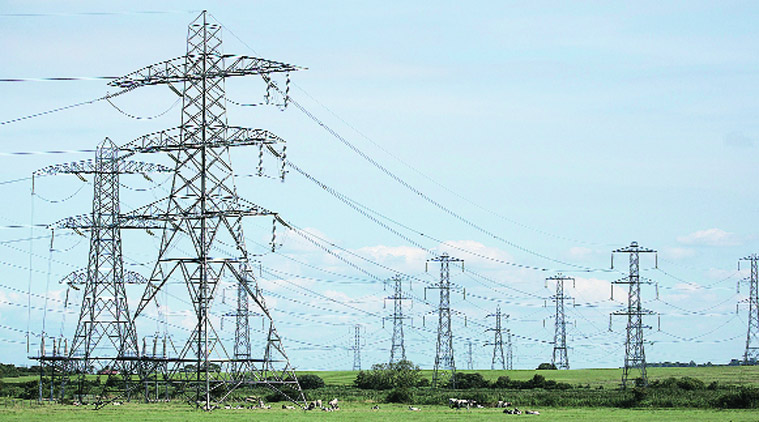 Officials said the government order announcing the separation of Power System Operation Corporation Ltd (POSOCO) and segregation of staff is under preparation. (source: IE photo)
Officials said the government order announcing the separation of Power System Operation Corporation Ltd (POSOCO) and segregation of staff is under preparation. (source: IE photo)
Nearly two-and-a-half years after the electricity grid collapse in July 2012, the most concrete measure prescribed in its aftermath to bolster grid security and prevent a repeat of the crisis could finally see the light of the day.
The power ministry is learnt to have cleared a proposal to hive off the Power System Operation Corporation Ltd (POSOCO) — the operator entrusted with managing one of the world’s largest integrated grids — into an independent company. POSOCO is currently headed by an executive director-level officer and functions, ironically, as a subsidiary of the largest player in the transmission sector — Power Grid Corp. Officials said the government order announcing the separation of POSOCO and segregation of staff is under preparation.

Even as the decision to hive off POSOCO was taken in the immediate aftermath of the grid collapse in July 2012, the proposal continued to hang fire for this long on account of inter-ministerial wrangling, with opposition to the move from the erstwhile Planning Commission, law ministry and the Department of Public Enterprises. The reason cited against the proposal included the need to create “such a small Schedule A company with practically no turnover” and on how “transmission was not a very important element in electricity costing” and therefore did not yet need another PSU.
Story continues below this ad
The power ministry has consistently stressed the need for an independent operator in a sector where there are multiple private licencees. System operation is a critical function that needs to be handled by a neutral party and there is the need to ensure that technical staffers with POSOCO be offered high salaries to draw in the best manpower.
In the wake of two consecutive grid failures on July 30-31, 2012, the ministry conducted a study to investigate the reasons and the mitigation measures. Granting full autonomy to POSOCO, which was the most important suggestion, envisaged the creation of a new ‘Schedule A’ firm so that the grid operator can be insulated from any pressure from stakeholders, including its parent — PGCIL. In the era of multiple transmission licensees, it was seen that in the fitness of things, POSOCO should be able to function as a neutral party and independently deal with the problems in the day-to-day operation of the grid, including unwanted tripping due to improper commissioning of equipment, improper maintenance of PGCIL’s communication network and the lack of maintenance.

 Officials said the government order announcing the separation of Power System Operation Corporation Ltd (POSOCO) and segregation of staff is under preparation. (source: IE photo)
Officials said the government order announcing the separation of Power System Operation Corporation Ltd (POSOCO) and segregation of staff is under preparation. (source: IE photo)






























